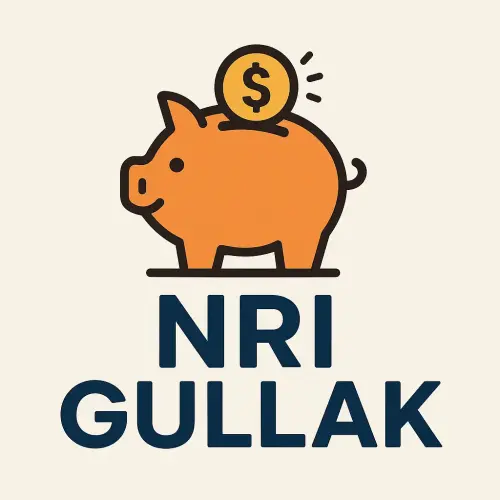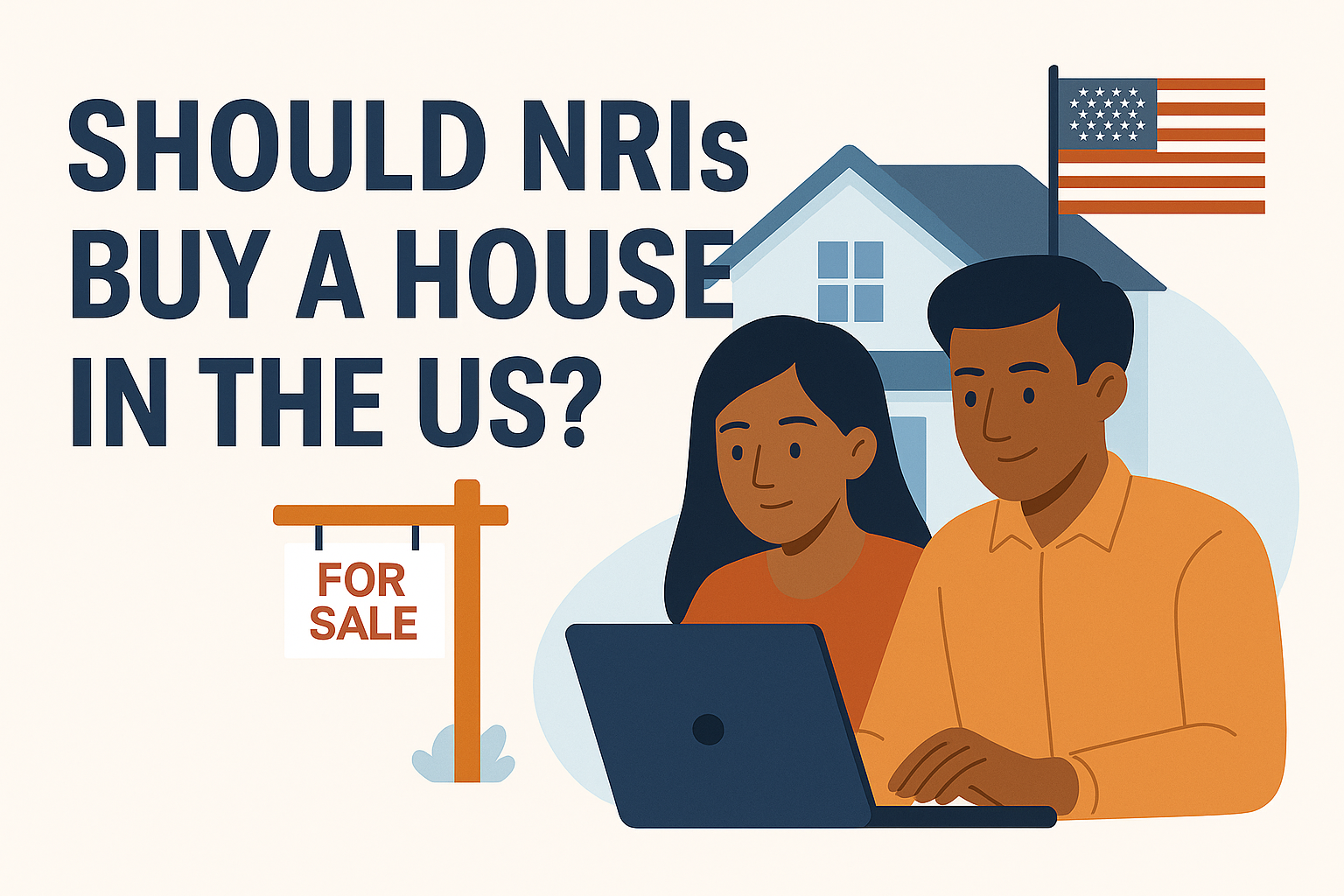🏠 Should You Buy a House in the US as an NRI?

The Confusion, the Visa Puzzle & a Tale of Four Techies
When I first moved to the US, I thought buying a house was something I’d only consider once I knew for sure I was staying forever. But if you’ve been here a few years, working in tech, earning well, and seeing rents rise every year—you’ve probably wondered:
Should I just buy a house? Or is that too risky as an NRI?
🤯 The Classic NRI Dilemma
Buying a home is one of the biggest financial decisions we make. And for many NRIs, it’s wrapped in uncertainty:
-
How long will I stay in the US?
-
Can I even buy a home on my visa?
-
What if I have to go back to India suddenly—will I be stuck with a house I can’t sell quickly?
These are real concerns. Let’s unpack them—and then I’ll share the story of four desi techies who made a bold choice and came out ahead.
✅ Can NRIs Buy a House in the US?
Yes. There’s no requirement to be a US citizen or green card holder to buy a house here. Whether you’re on H-1B, L1, or even F1 (with some caveats), you can legally purchase real estate.
What matters more:
-
Your credit score
-
Job stability
-
Down payment
-
And your ability to qualify for a mortgage (which is very doable on H-1B or L1)
Many lenders are familiar with foreign nationals buying homes and will work with your visa timeline.
🏃♂️ What If You Need to Leave the US?
This is the biggest hesitation for most NRIs.
What if your visa gets denied? What if you choose to return to India?
Here’s the reality:
-
Selling a house in the US typically takes 30–90 days, depending on market conditions.
-
You may also choose to rent it out if you’re moving but want to hold on to the property.
-
If you’ve owned the home for at least two years, there’s a good chance you’ve built some equity and benefited from appreciation.
In short: If you buy smart, in a good location, and hold for a few years—you’ll likely come out in a better position, even if plans change.
🧑🏾💻 The Story of Four Techies & One House (2011 Edition)
Let me rewind to a story from 2011, back when the US housing market was still recovering from the crash.
Four NRI friends—fresh out of grad school and newly hired at tech companies in the Bay Area—decided to take a bold step: they pooled their savings and bought a single-family home in Sunnyvale.
Everyone thought they were being reckless.
“You’re on H-1B! What if you have to leave the country?”
But they ran the numbers and realized that their combined rent was close to what a mortgage would cost. So they took the leap and moved in.
Over the next four years, a lot changed.
Each of them got married and eventually needed to move into separate places. When the time came, they sold the house—and thanks to the rising market and the equity they’d built, they all came out ahead.
The money they made became the foundation for their next phase in life: buying new homes, planning weddings, or investing further.
Of course, it wasn’t all smooth sailing—there were the usual roommate squabbles, maintenance issues, and weekend DIY disasters. But financially?
It turned out to be one of the best decisions they ever made.
💭 So… Should You Buy?
Here’s a quick checklist to help you decide:
✅ You have a stable job and plan to stay 3+ years
✅ You’re open to renting out or selling if you move
✅ You want to start building equity instead of paying rent
✅ You can arrange the downpayment 5% to 20%
Then yes—it’s worth exploring.
But if:
❌ Your visa status is shaky
❌ You’re unsure about location or life plans
❌ You don’t want the responsibility of owning property
Then it’s perfectly okay to wait and rent a bit longer.
🧳 Final Thoughts from One NRI to Another
Buying a home in the US as an NRI isn’t just about square footage and down payments—it’s about clarity on your goals and confidence in your flexibility.
You don’t need to have all the answers. But if you make informed decisions—like those four techies did—you may find that your home becomes not just a place to live, but a powerful step in your wealth journey.

